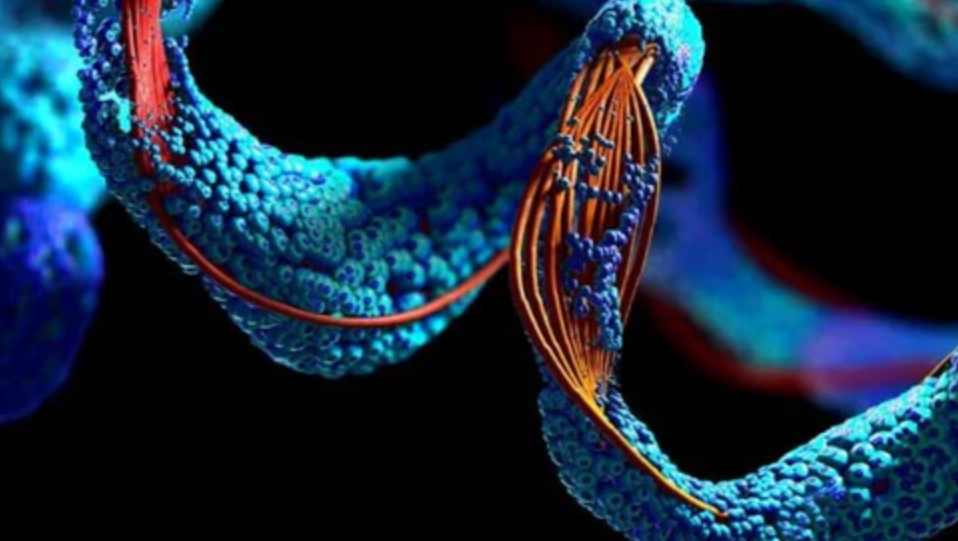
Introduction to DNA Modifying Enzymes Other Reagents
DNA modifying enzymes other reagents form the backbone of molecular biology, genetic engineering, and biotechnology. These specialized biochemical tools enable researchers to cut, join, amplify, repair, and manipulate DNA with remarkable precision. Their widespread adoption has transformed scientific research by making it possible to explore gene function, develop therapeutic strategies, and produce new biological products.
Understanding the Role of DNA Modifying Enzymes
DNA modifying enzymes are proteins that catalyze specific reactions involving nucleic acids dna modifying enzymes other reagents. These include restriction endonucleases that cleave DNA at defined sequences, ligases that join DNA fragments, polymerases that synthesize new strands, and nucleases that degrade unwanted sequences. Each enzyme plays a distinct role in shaping DNA for cloning, sequencing, mutation analysis, and genome editing. Their specificity and efficiency are critical for ensuring accurate manipulation without damaging the integrity of genetic material.
The Importance of Supporting Reagents in DNA Manipulation
Alongside these enzymes, other reagents are required to create optimal experimental conditions. Buffers maintain pH and ionic strength, cofactors provide essential ions, and stabilizing agents preserve enzyme activity. Without these supporting reagents, DNA modifying enzymes would lack the environment needed to function reliably. Together, these components form a complete system that supports robust and reproducible molecular workflows.
Applications of DNA Modifying Enzymes Other Reagents in Research
These tools are used extensively in cloning experiments, gene expression studies, diagnostic assay development, and sequencing technologies. In recombinant DNA research, enzymes and reagents enable precise control over the construction of plasmids and vectors. In therapeutic research, they contribute to the creation of viral vectors for gene delivery and the development of precision genome editing strategies such as CRISPR-based methods. Their use has also expanded into synthetic biology, where engineered pathways and organisms rely on accurate DNA manipulation.
Impact on Biotechnology and Medicine
The reliability of DNA modifying enzymes other reagents directly influences advancements in biotechnology and healthcare. These tools underpin diagnostic platforms, vaccine development, genetic testing, and biomanufacturing. Their precision allows scientists to generate DNA constructs used in protein production, antibody development, and engineered cell therapies. As technologies progress, new variants of enzymes and improved reagent formulations continually enhance performance and expand application potential.
Conclusion:
Continued Significance of DNA Modifying Enzymes Other Reagents
DNA modifying enzymes other reagents remain indispensable in the landscape of modern biological research. Their roles extend far beyond simple DNA manipulation, supporting innovations in medicine, agriculture, and industrial biotechnology. As researchers push scientific boundaries, these foundational tools will continue to empower new discoveries and drive future breakthroughs in genetic science.